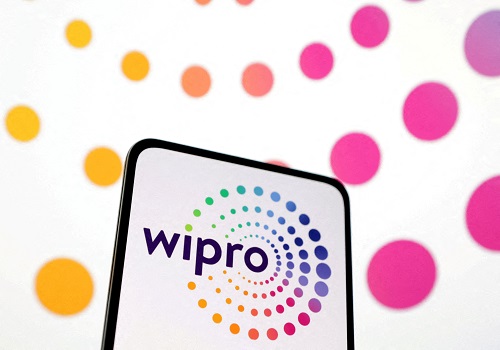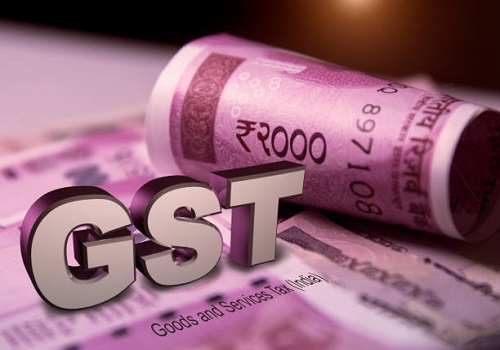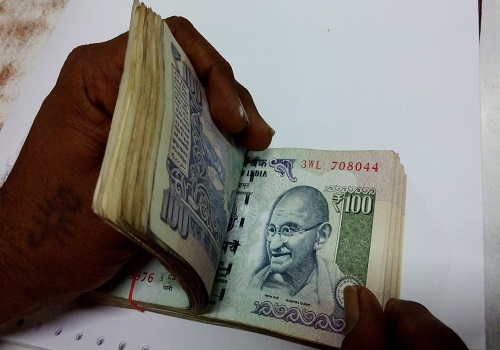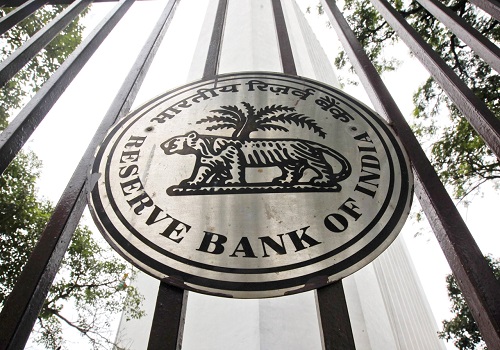Goldman Sachs reduces Q2 GDP, earnings forecasts as rising Covid cases fuel concerns

Follow us Now on Telegram ! Get daily 10 - 12 important updates on Business, Finance and Investment. Join our Telegram Channel
https://t.me/InvestmentGuruIndiacom
Download Telegram App before Joining the Channel
Goldman Sachs has downgraded Indian consumer discretionary stocks, which include autos and consumer durables, from overweight to marketweight given the near-term earnings impact from the lockdown restrictions and margin headwinds from rising commodity input costs.
It said that record virus cases and lockdown restrictions have fuelled correction/growth concerns.
"We reduce Q2 forecasts but expect moderate impact overall as the restrictions have been targeted to specific sectors without broad spillovers so far. Our economists have revised down their CY21 real GDP growth forecast to 10.5 per cent (from 10.9 per cent previously) but remain above consensus.
"We lower our CY21 earnings growth forecast to 24 per cent (from 27 per cent previously). We expect recovery to resume from Q3 onwards as restrictions normalise, vaccination pace accelerates and the global growth backdrop remains supportive," Goldman Sachs said.
"We stay underweight the defensive and consumer-facing service sectors like staples, telcos and utilities. Within financials, we neutralise PSU banks but downgrade NBFCs to underweight as they are least favorably positioned given higher exposure to consumer finance, relatively higher cost of funds and market share loss to banks," it added.
The sharp rise in virus cases and containment policies by the government have sparked concerns about macro and earnings recovery among the investors.
"While we do expect Q2 GDP growth and earnings growth for this calendar year to be slower than our initial expectations, we don't think the broader recovery has been derailed," Goldman Sachs said.
"Consequently, our economists have revised down their overall CY21 real GDP growth forecast to 10.5 per cent (from 10.9 per cent previously) but remain above the consensus forecast of 9.4 per cent," it said.
"We remain pro-cyclical in our sector allocations to position for the economic recovery. However, within cyclicals, given our expectations of strong recovery in global growth and upcycle in commodities, we favour global and commodity cyclicals over defensive sectors," it added.
Goldman Sachs has lowered NIFTY target slightly, incorporating the earnings cuts and expects NIFTY to reach 16300 in 12 months versus 16500 previously, which implies 14 per cent upside from the current levels in local currency terms.
It has adjusted MSCI India CY2021 EPS estimate lower by 2 per cent and now expects earnings to grow 24 per cent this year (from 27 per cent earlier). This is mostly on account of lowering the CY Q2 forecast to include the impact of lockdown restrictions.
"We incorporate the 40bp downgrade in CY21 GDP growth and EPS cuts in consumer-facing discretionary and services sectors like durables, retail, autos and airlines. On the other hand, tailwinds in the staples sector from higher restocking/home consumption demand and the strong deal activity for the Infotech sector are likely to cushion some impact," the report said.
"Our economists believe that the containment restrictions are likely to be more targeted with hits to specific services (such as food and beverages, leisure & recreation, transport) but with limited spillovers into other sectors such as construction and manufacturing," it added.
While these restrictions are likely to hit activity in Q2, it said activity is likely to rebound sharply from Q3 onwards as containment policies normalise.
"Consequently, our economists have revised down their overall CY21 real GDP growth forecast to 10.5 per cent (from 10.9 per cent previously), but remain above the consensus forecast of 9.4 per cent," Goldman Sachs said.
Total vaccinations have reached more than 100 million persons with the daily pace of vaccination crossing 3mn/day, more than double the pace a month ago.
"The pace of vaccination has continued to rise across large metro cities. We expect the vaccination pace to further accelerate in the coming months, which should help ease restrictions," it said.






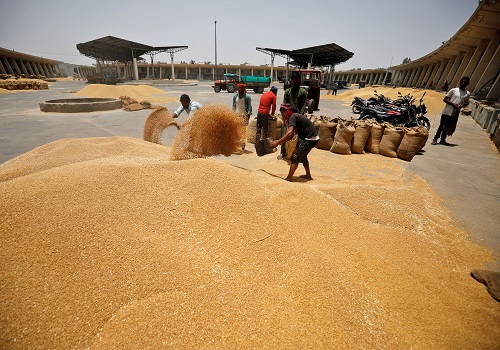

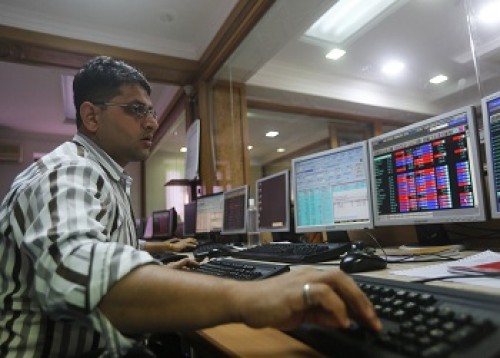

Tag News

Monthly Debt Market Update, September 2023: CareEdge Ratings







